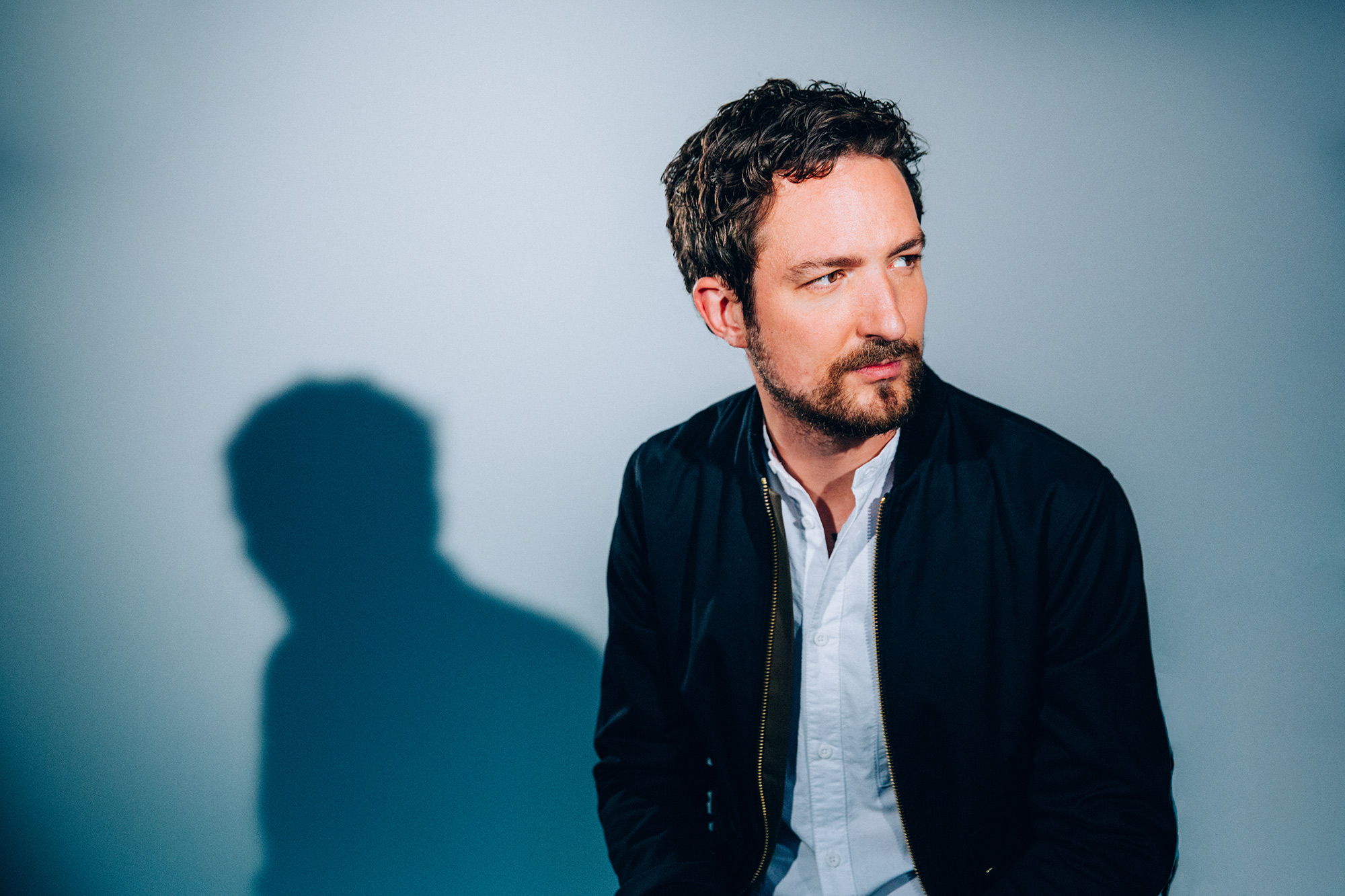I started playing music when I was about 12, and, through a predilection for the DIY hardcore scene and its attendant ethics, I did my first tour when I was 16. Through a variety of different bands and then a solo career, I’ve stayed mostly on the road since then. Touring has been the work of my adult life, and the road is the place I feel most comfortable and effective in life.
Having said that, I have had some issues with my mental and emotional health over the years. The road can be an extremely high-stress environment, physically and mentally; it’s certainly an unusual way to live your life. There is an associated bravado, a sense that you have to be tough to survive, and to some extent that’s true – the road is not a place for the faint of heart, in the long term. There’s certainly a case to be made, in my story, that being on the road was an attempt to escape deeper-seated issues in my mind and in my past, family trauma and the like.
On top of that, the clichés of rock’n’roll are not particularly helpful. There’s an expectation of debauchery, and the tools to achieve that end are readily available, and often provided as a matter of course. I have spent my professional life with alcohol much more readily available than food, and often shelter. In my own case, that expanded for a long period of time into drug territory – at first experimentally, recreationally, and later in a more grinding, medical way. Drugs and alcohol didn’t help me survive on the road – in fact, they arguably made the structures of road-life harder to handle – but the behaviour perhaps sprang from the same buried desire to escape something.
In the end, I made some big changes in my life over the last few years. This was in part prompted by meeting a very special person who is, I hope, my partner for life. That optimism, combined with her knowledge of and faith in treatments available to me (which I had previously disdained, seeing them, somehow, as a form of weakness), prompted me to check out my options properly, in terms of seeking help. Cognitive Behavioural Therapy has been (and continues to be) a lifesaver for me. It’s an ongoing battle, of course, but the simple fact of acknowledging that I could do with a hand was the biggest hurdle to overcome.
I was fortunate to have that realisation through meeting someone who has become integral to my life. Given the mythologies and codes that abound in the touring community and its disparate nature, it will always be hard to reach out to people enmeshed in that lifestyle who need help, whether they can admit it to themselves yet or not. Nevertheless, charities such as Music Support can play a vital role in making that help, those avenues of escape, more readily visible and available, so that people can turn to them if they need them.
I think that the touring music community will always have a complicated relationship with mental health – it will always be a high-stress environment, and there’s an interesting chicken-and-egg discussion to be had about whether more emotionally volatile people make better art, or whether art (and its attendant lifestyles) is destructive in itself. Regardless, I’m keen to see charities like Music Support do more.
